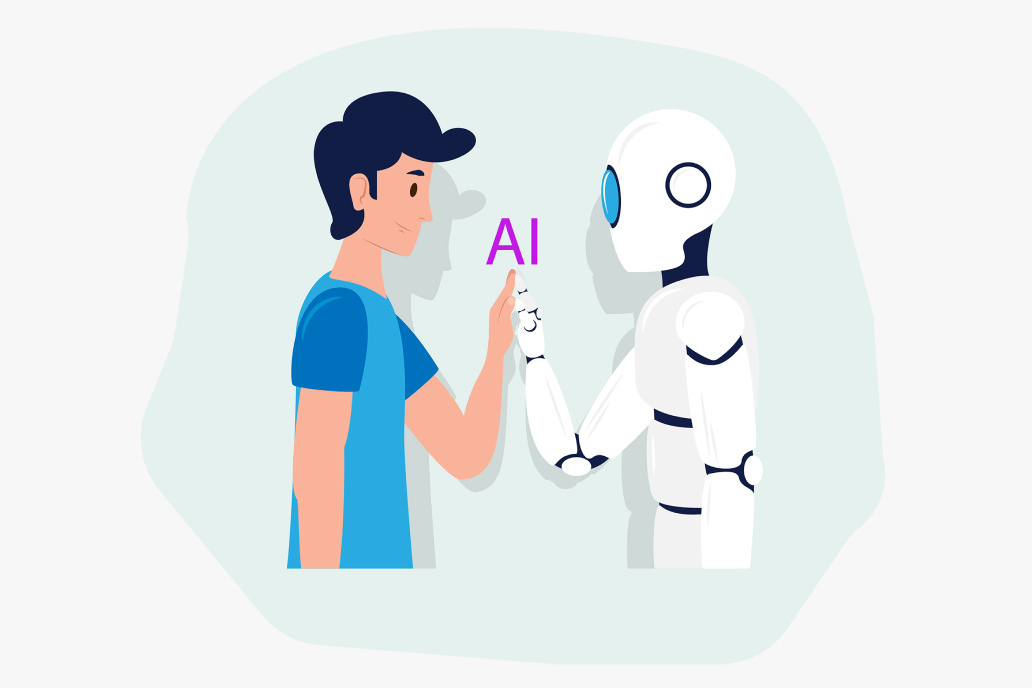AI Fundamentals
The AI and Machine Learning Fundamentals course offered by DataWorks is designed to demystify the complex world of artificial intelligence (AI) and machine learning (ML), providing learners with a clear understanding of the key concepts, algorithms, and applications. This course covers the basics of AI and ML, including how machines learn from data, the difference between supervised, unsupervised, and reinforcement learning, and the practical applications of AI/ML in various industries. Through engaging lectures, hands-on projects, and real-world case studies, participants will gain the skills to apply basic AI and ML techniques to solve problems and enhance decision-making processes. This course is an essential foundation for anyone interested in pursuing advanced studies or careers in AI and machine learning.
Course info
The fundamental concepts of artificial intelligence and machine learning.
Understanding of key ML models, including linear regression, decision trees, and neural networks.
The difference between supervised, unsupervised, and reinforcement learning techniques.
Practical skills in data preprocessing, model training, evaluation, and tuning.
Insight into the ethical and societal implications of AI technologies.
How AI and ML are being applied across different sectors to solve real-world problems.
Course Content
History and Evolution of AI: Tracing the origins and key milestones in AI development.
Introduction to Machine Learning: Core ML concepts, how ML differs from traditional programming.
Types of Machine Learning: Overview of supervised, unsupervised, and reinforcement learning.
Data Cleaning Techniques: Handling missing data, noise, and outliers.
Data Visualization: Using tools like Matplotlib and Seaborn for insights.
Feature Engineering: Techniques for extracting and selecting features.
Regression Techniques: Linear and logistic regression.
Classification Methods: Decision trees, Support Vector Machines (SVMs).
Model Evaluation: Accuracy, precision, recall, and other metrics.
Clustering Algorithms: K-means clustering and its applications.
Dimensionality Reduction: Principal Component Analysis (PCA) and its use cases.
Advanced Clustering Techniques: Hierarchical and density-based clustering.
Fundamentals of Neural Networks: Basic concepts, architecture, and functioning.
Convolutional Neural Networks (CNNs): Application in image processing.
Recurrent Neural Networks (RNNs): Use in sequence data analysis.
Model Performance Metrics: Understanding different metrics for evaluating models.
Hyperparameter Tuning: Techniques like grid search and random search.
Overfitting and Underfitting: Strategies to address these common issues.
Ethical Issues in AI: Understanding the ethical implications of AI technologies.
Bias in Machine Learning: Identifying and mitigating biases in ML models.
Responsible AI: Best practices for ethical AI development and deployment.

-
LevelAll Levels
-
Total Enrolled5
-
Duration5 hours 15 minutes
-
Last UpdatedSeptember 11, 2025
Upskill for your Dream Job

Hiring Partners





Course Requirement
Course Requirement
Basic proficiency with programming, preferably in Python.
A general understanding of mathematics and statistics.
Curiosity and willingness to engage with complex problem-solving.
FAQ's
While a basic understanding of mathematics (especially algebra and statistics) is helpful, the course is designed to make AI and ML accessible to individuals with varying levels of math proficiency.
Participants will primarily use Python and its libraries for machine learning, such as scikit-learn, Pandas, and TensorFlow. All required software is open source and free to download.
Yes, participants who successfully complete the course will receive a certificate in AI and Machine Learning Fundamentals from DataWorks.
AI and ML are rapidly growing fields with applications in nearly every industry. This course provides the foundational knowledge needed to pursue advanced study or career opportunities in AI development, data science, machine learning engineering, and more.
Yes, the course includes an introduction to deep learning concepts and neural networks, setting the stage for more advanced study in these areas.
Earning Potential
6 LPA
min
12 LPA
avg
20 LPA
max
AI Fundamentals Tools Covered

TensorFlow

PyTorch

Keras

Scikit-learn

OpenCV

Gensim
Let’s explore further the implications of transitioning to online training
Course Certificate
The Cyber Security Practitioner Programming Course Certificate focuses on enhancing coding skills for securing applications and systems. The curriculum covers topics like secure coding practices, ethical hacking, and defensive programming. It’s ideal for developers and security professionals aiming to bolster their cybersecurity expertise.

Course Reviews

Anika.k

Rohan.A

Diya.M

